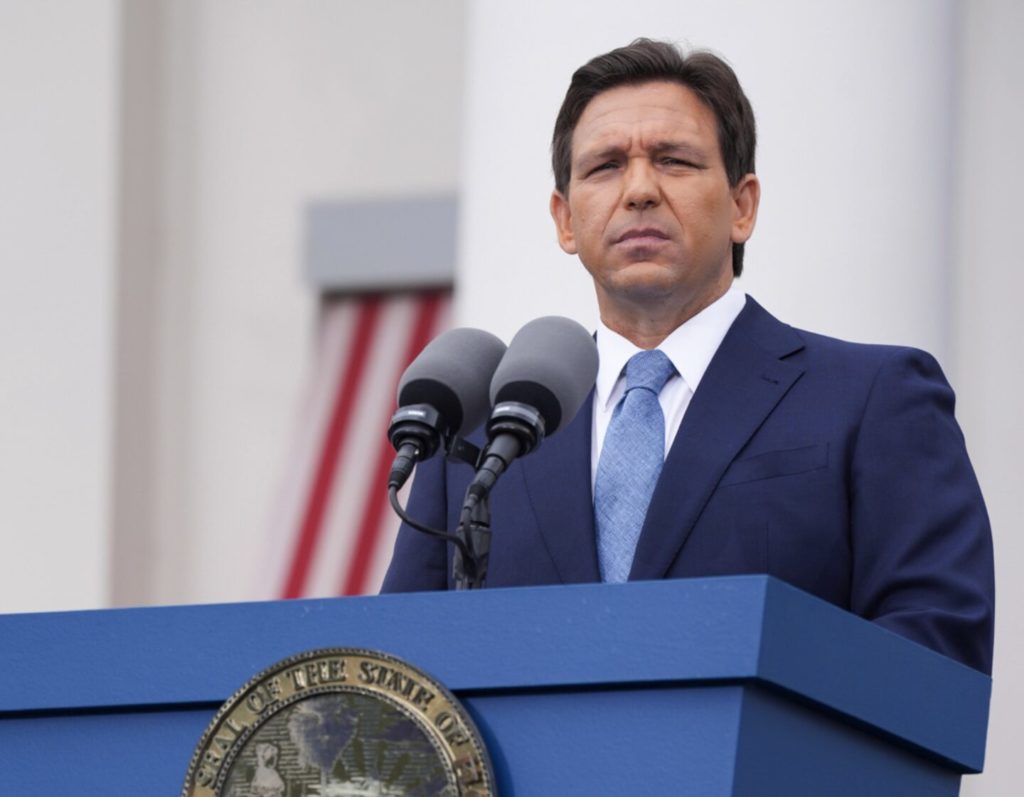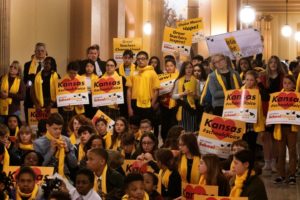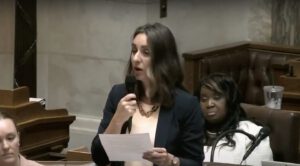Florida Gov. Ron DeSantis proposing national school choice program
Florida Gov. Ron DeSantis is proposing a national school choice program, while touting the success of similar efforts in Florida.
While campaigning for president in Iowa on Friday,…

Florida Gov. Ron DeSantis is proposing a national school choice program, while touting the success of similar efforts in Florida.
While campaigning for president in Iowa on Friday, DeSantis said he would champion a nationwide corporate tax credit scholarship to help kids get a better education.
“Parents are going to be able to have the ability to get money for their student,” DeSantis told Iowa PBS. “They can do tuition, they’re also going to be able to use it for things like tutoring and other things that can be very important for a child’s development and well-being.”
Currently, 22 states have tax credit scholarships that allow taxpayers to redirect some of their tax money toward school choice. Tax credit education savings accounts (ESAs) work similarly and exist in two states: Missouri and Florida.
Many programs give priority to low-income students and those with special needs.
DeSantis said he would use a corporate income tax to fund a nationwide scholarship program. Corporate taxes make up just 6% of federal tax revenue.
He also touted the success of Florida’s tax-credit ESA, which serves over 85,000 students. Additionally, Florida has two ESA programs that serve nearly 110,000 students combined.
DeSantis said funding a national school choice scholarship could cost as little as $25-50 billion, calling the amount “budget dust.”
“We did a billion-dollar program between administration and scholarships, that served 100,000 kids in Florida,” he explained. “A lot of states, they wouldn’t need even close to a billion.”
In 2022, the U.S. government received roughly $425 billion from corporate taxes. Thus, even if national school choice cost a full $50 billion, that would still be less than 1% of all federal tax revenue.
Meanwhile, school choice in Florida has been such a success that state lawmakers are trying to expand a program mid-year to accommodate 9,000 waitlisted students. Meanwhile, a majority of Americans support education freedom in the form of ESAs and tax credits and want K-12 education to be more flexible.



